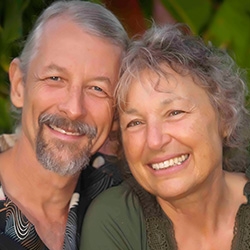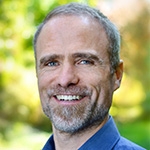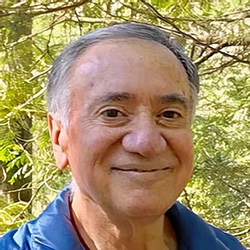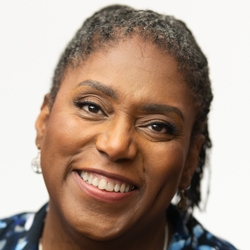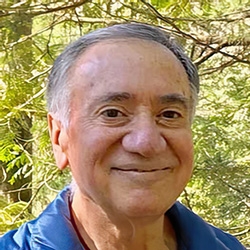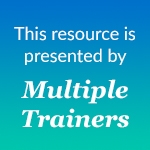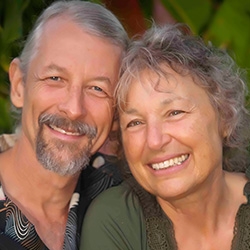

Search Results: process
-
Join Jeff Brown for a provocative fishbowl discussion about how privilege and lack of privilege white people.
-
Jim and Jori Manske went from poverty to financial independence in 8 years, and they’re making the process they used available to you! Please join them in this inspiring 8-session program to transform your relationship with money, scarcity and abundance.
-
This article outlines a four-part transformation process to help us recognize what's giving rise to our suffering and resentment -- and transform it into more freedom, creativity, and choice.
-
Yoram Mosenzon shares an exercise and demo to explore the process of identifying observations and using judgements (jackals) to find the needs.
-
Nonviolent Communication includes a practice of empathy that involves listening for feelings and needs no matter how someone expresses themselves, and reflecting back the feelings and needs when it is helpful to do so. You can reflect back in a traditional NVC manner, or in a more creative way, with metaphors.
-
-
Please join veteran CNVC Certified Trainer, Robert Gonzales, to explore how you can embody the consciousness of NVC and live every moment of every day in the fullness of compassion - for yourself and others.
-
- Understand the essential relationship between personal healing and social change — and how to communicate it to others.
- Increase your compassion capacity for different ways of being in the world.
- Get clarity about the difference between equity and equality — and how to generate equitable processes in your communities and networks.
- Obtain tools to explore the various factors that contribute to your understanding of power and privilege — including your own.
-
We've seen how Nonviolent Communication can provide immense personal healing, but questions have arisen on whether it can also contribute to meaningful social change. Roxy Manning believes it can, on both the individual level and the systemic level. NVC for Social Change teaches how to navigate these challenging social issues with love and compassion. By leveraging the depth of understanding that NVC provides, we can then begin to generate equitable processes in our networks and our communities.
-
-
The human brain is a conservative organ that comprises different systems with varying degrees of conscious awareness, which evolved in three basic stages of human history (the lizard-squirrel-monkey brain.) In my understanding, we could say, the brain has strong needs for understanding, order, predictability and meaning. In fact, one of its key functions is to process experiences, and predict what the world is like, in order to maximize survival. CNVC Certified Trainer Stephanie Bachmann Mattei explores the biological basis of our inner jackal voices.
-
Conflict is a normal and natural part of life. To varying degrees, it happens whenever two or more people consistently spend time together. Resolving conflict effectively and peacefully, in a way in which all parties feel respected and valued, does not feel natural for those of us who grew up with punitive, adversarial, or avoidant approaches to conflict. Eric offers some tips for approaching conflict.
-
What are the most powerful things I can do to build an inspired relationship? I answered the question with romantic relationships in mind; however, I believe the answer below applies to all important relationships.
-
Living Compassion in an Ever-Changing World is the last course that Robert Gonzales offered before his passing in November of 2021. It is an intermediate course whose purpose is to deepen our conscious connection to our own vital life force, to develop skills that support inner healing, and to grow and strengthen daily practices that allow us to truly live life to the fullest.
-
- Reclaim the lost voices of your ancestors
- Understand the impact of collective trauma on your family line
- Open yourself up to have more warmth for yourself and your children
- Restore the flow of love and energy from past generations
-
-
NVC trainers discuss intrinsic needs in addiction and its alignment with 12-step programs.
-
Ask the Trainer: Is a confidentiality agreement typically used in NVC practice groups?
-
Miki Kashtan shows how translating judgments into needs transforms family conflict and connection.
-
Jim Manske shares a four-step self-empathy practice that ends with a focus on gratitude.

Quick Links
Subscription Preferences
Stay In Touch!
Looking for ways to keep up with NVC Academy news, get special offers, free resources, or words of inspiration? Here are five ways to stay engaged:


